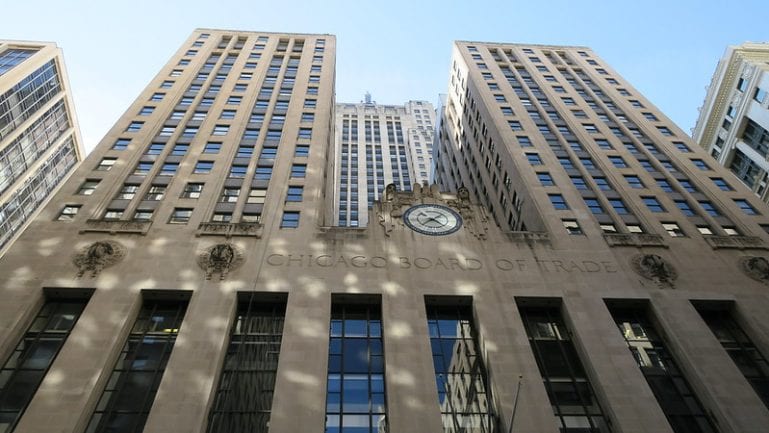Flash Crash by Liam Vaughan

On 6 May 2010, for about 36 minutes, the US equities markets crashed and no one could work out why.
An initial report by regulators suggested the chaos had been kick-started by a Missouri-based mutual fund unloading a large position, but this wasn’t the whole story. After additional analysis the Securities and Exchange Commission (SEC) and the Chicago Futures Trading Commission (CFTC) found the sharp decline had been exacerbated by an army of high frequency traders and laid much of the blame at the door of one lone wolf: Navinder Singh Sarao.
The Hound of Hounslow — as he would be dubbed by the press — worked out of his parents’ house in west London, and was in 2015 deported to the US to face trial.
This new title captures how Sarao’s innate talent for spotting complex patterns in digital trades morphed into something more illegal. What began as legitimate arbitrage and digital gamesmanship ended with him commissioning software that would automatically queue-jump and deceive other traders on the digital markets he worked.
Through an assiduously-reported account Bloomberg journalist Liam Vaughan reveals the uniquely gray area of late capitalism that is digital spoofing — a controversial practice thought of by some as legitimate subterfuge and downright criminal behavior by others. As well as a blow-by-blow account of Sarao’s modus operandi and unusual personality (there are surely few such multi-millionaires who carry their belongings around in a plastic grocery bag), the book raises important questions about high frequency trading (HFT).
Many HFT funds pay for privileges such as high latency connections and preferential fee agreements with the markets they trade. This facilitates profit at speed, and one could argue more effective provision of market liquidity, but it also entrenches a divide between the sharks and the minnows; between those who benefit from economies of scale and those that don’t.
As well as propelling the reader forward with a gripping narrative, Flash Crash sounds an effective warning about what may happen if we fail to question the assumption that technology democratizes markets.
FLASH CRASH is published by Doubleday, pp. 272, $26.95, May 2020.

John is the managing editor of Washington, D.C.-based technology publication FedScoop, and was previously a reporter at Institutional Investor in New York. He has a master’s degree in social policy from the London School of Economics and his writing has appeared in The Scotsman and The Sunday Times newspapers.